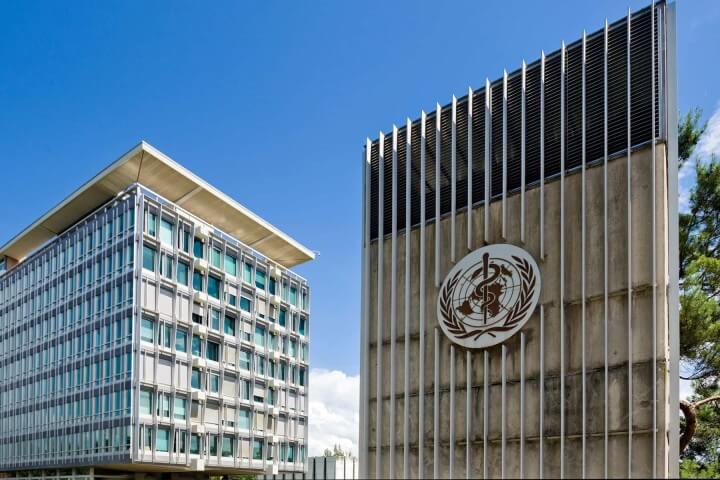Health Inequities Shorten Lives By Decades – WHO

The World Health Organisation (WHO) has said that the underlying causes of ill health often stem from factors beyond the health sector, such as lack of quality housing, education and job opportunities.
The WHO, in a new global report published on its website on Tuesday, said the report shows that such determinants can be responsible for a dramatic reduction of healthy life expectancy, sometimes by decades, in high- and low-income countries alike.
It cited that people in the country with the lowest life expectancy will, on average, live 33 years shorter than those born in the country with the highest life expectancy.
The WHO Director-General, Dr Tedros Adhanom Ghebreyesus, said the world report illustrates the importance of addressing the interlinked social determinants and provides evidence-based strategies and policy recommendations to help countries improve health outcomes for all.
“Our world is an unequal one. Where we are born, grow, live, work, and age significantly influences our health and well-being,” he added.
According to WHO, the report underscores that inequities in health are closely linked to degrees of social disadvantage and levels of discrimination. It added that health follows a social gradient whereby the more deprived the area in which people live, the lower their incomes are, and they have fewer years of education, poorer health, and a lower number of healthy years to live.
It further said these inequities are exacerbated in populations that face discrimination and marginalisation.
The report also indicated that data scarcity has hindered sufficient evidence to prove that health inequities within countries are often widening.
“Although data is scarce, there is sufficient evidence to show that health inequities within countries are often widening. WHO data cites that children born in poorer countries are 13 times more likely to die before the age of 5 than in wealthier countries.
“Modelling shows that the lives of 1.8 million children annually could be saved by closing the gap and enhancing equity between the poorest and wealthiest sectors of the population within low- and middle-income countries,” the report said.
The report shows that while there was a 40 per cent decline in maternal mortality globally between 2000 and 2023, low- and lower-middle-income countries still account for 94 per cent of maternal deaths.
However, WHO emphasised that measures to address income inequality, structural discrimination, conflict, and climate disruptions are key to overcoming deep-seated health inequities. Adding that climate change is estimated to push an additional 68–135 million people into extreme poverty over the next 5 years.
It said, “Currently, 3.8 billion people worldwide are deprived of adequate social protection coverage, such as child/paid sick leave benefits, with direct and lasting impact on their health outcomes.
“High debt burdens have been crippling the capacity of governments to invest in these services, with the total value of interest payments made by the world’s 75 poorest countries increasing fourfold over the past decade.”
WHO further calls for collective action from national and local governments and leaders within health, academia, research, and civil society, alongside the private sector, to address economic inequality and invest in social infrastructure and universal public services and overcome structural discrimination and the determinants and impacts of conflicts, emergencies and forced migration.
Health Inequities Shorten Lives By Decades – WHO is first published on The Whistler Newspaper


